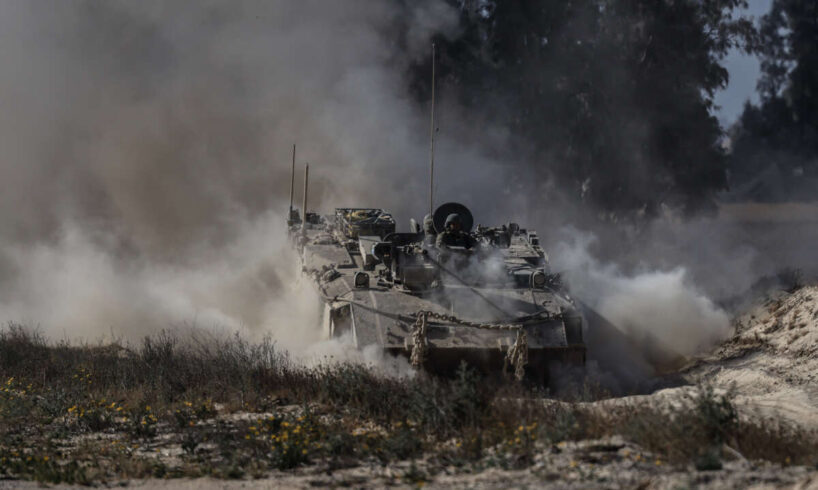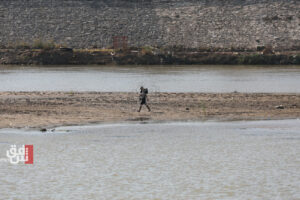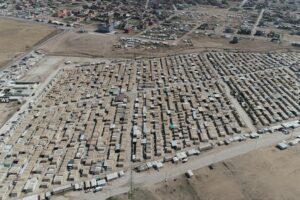
While the Government is preparing for Operation “Gideon’s Chariots” Phase B and the conquest of Gaza City, the reservists who are once again called to the flag express complex viewpoints on the harsh reality into which they have been thrust. Three voices from the field – an academic policy manager, a fighter from the border area and a veteran reservist – reveal the gap between the political expectations and the human cost of a protracted war.
Since October 7, tens of thousands of reservists have been coping with a new reality: hundreds of days of service that disrupt routine, career and personal life. Some are serving close to 400 days, some are already undergoing a fourth round, and all are dealing with the difficult question – how long will they be able to continue bearing this heavy burden.
Different viewpoints, shared commitment: All see the task as a privilege and mission, but some call for clearer decisions from the leadership and others demand a more equitable distribution of the military burden. The common thread among them: understanding that the reservists are not an inexhaustible resource, and their perseverance depends on clear strategic decisions and broader support from Israeli society.
“Our ability too will have a limit” | Reservist L.
Yesterday, it was reported that tens of thousands of reservists were mobilized for another emergency call-up in preparation for the planned operation to conquer Gaza City. I do not intend to engage in a debate on the merits of the operation, but I want to shine a spotlight on the people who will carry it out.
At times, I feel that reservists are seen by decision-makers as pawns to be moved around at will. But reservists are not an infinite resource – they have personal lives that include family, relationships, careers, studies, and health, both physical and mental. Every new call-up means a halt to all aspects of their personal lives.
On October 7, when the need to defend the home was so clear, no one questioned it when they dropped everything to enlist – understanding that the war would be hard, but time-limited, with a clear goal in sight. They wanted to believe the leadership sending them to battle knew what they were doing. But one cannot assume that this human resource will remain available and ready for an indefinite period.
At the beginning of the Gideon’s Chariots operation, I was called up on short notice, along with many others, with the promise that this time, it would be a decisive operation. And indeed, there was a clear rationale: severing Hamas from its food sources, isolating them from the population to be concentrated in humanitarian areas, and defeating them in the combat zones. But in the end, the population remained dispersed across Gaza, the food distribution model failed, and certain areas remained a safe haven for Hamas. The government yielded to the starvation campaign and the subsequent international pressure. Three months later, we returned to nearly square one, but in the meantime, we exhausted reservists for dozens of additional days.
In my role as an academic policy manager for the National Union of Students, my colleagues and I are currently working on a plan for students who are also serving, preparing for their third academic year amid the war.
We are working closely with the IDF and academic institutions to allow students, to the extent possible, to continue their studies while serving. However, it is important to clarify: as much as everyone has the best intentions, nothing will help students more than a significant reduction in the number of reserve duty days. The same applies to business owners, parents, and working people, who are already paying a tremendous occupational and personal price.
The leaders of the state and the military must understand: we cannot continue relying on hundreds of days of reservists for years on end as a routine matter – not because they won’t want to, but because even their capacity will eventually run out. This time, you will have to make a real decision, one way or the other.
The writer is an active reservist in the IDF Artillery Corps and an academic policy manager.
“I know exactly what I’m protecting” | Reservist I.
I am a reservist fighter in the Maglan Unit and a resident of Kibbutz Gaza. Since October 7th, I have already served more than 380 days of reserve duty.
Every new call up notice I receive brings me back to the same point: leaving home, my studies as a university student, my job, and the woman I love. It’s hard to explain just how disruptive this is to my routine. I wake up with dreams and plans, and all of a sudden, everything is put on hold.
Smoke rises after an explosion in Gaza, as seen from the Israeli side of the Israel-Gaza border, July 22, 2025(Reuters/Amir Cohen)
There are moments when it’s frustrating. To see others continue with their lives while you’re once again packing gear and heading to the field. You ask yourself, why is it that I have to bear such a heavy burden?
But then comes the simple answer: because this is my home. This is where I was born and raised. I have no other country. I grew up in the Gaza area, I know every field and every road here, and I know exactly what I’m protecting.
For me, the quiet at the Gaza border is not just a slogan or an empty phrase. It’s the personal security of my family, my parents, my siblings. I want to ensure that they – and all the people of Israel – can return to a safe routine, to the peace that every citizen in this country deserves.
“Sacrifice and mission”
380 days of reserve duty is not just sacrifice – it’s also a reminder of the strength we have as a society. It’s a mission that keeps me going, knowing that every day there, I’m helping restore security and perhaps bringing closer the day we release our brothers and sisters from captivity.
I’m not ignoring the difficulty, but I choose to see the meaning. For me, being a reservist is not just an obligation – it’s a privilege. A privilege to fight for our country, for the home we have no other place but.
IDF troops in the Gaza Strip in 2025 (IDF Spokesperson’s Unit)
And at the end of the day, I know that when we return, we’ll look back with pride. We’ll know we stood by our mission, even when it was tough, we didn’t give up. Because this is not only our duty – it’s our belief in Zionism and the people of Israel, and nothing will take that away from us.
The writer is a reservist fighter in the Maglan Unit and a resident of Kibbutz Kfar Aza.





